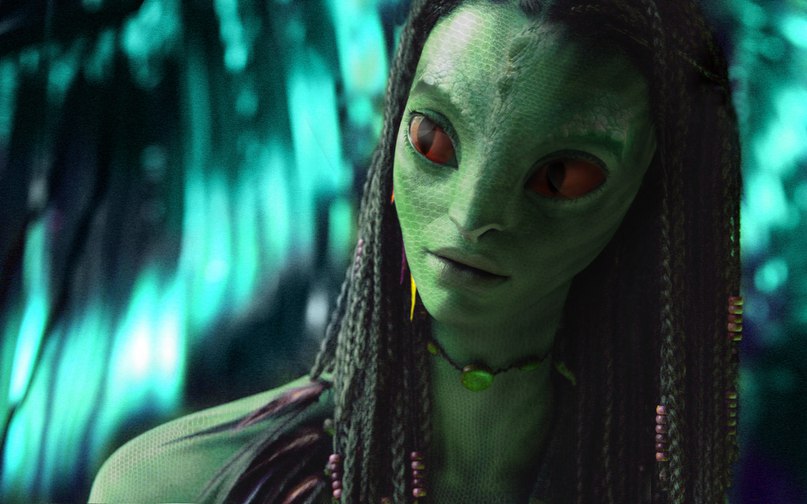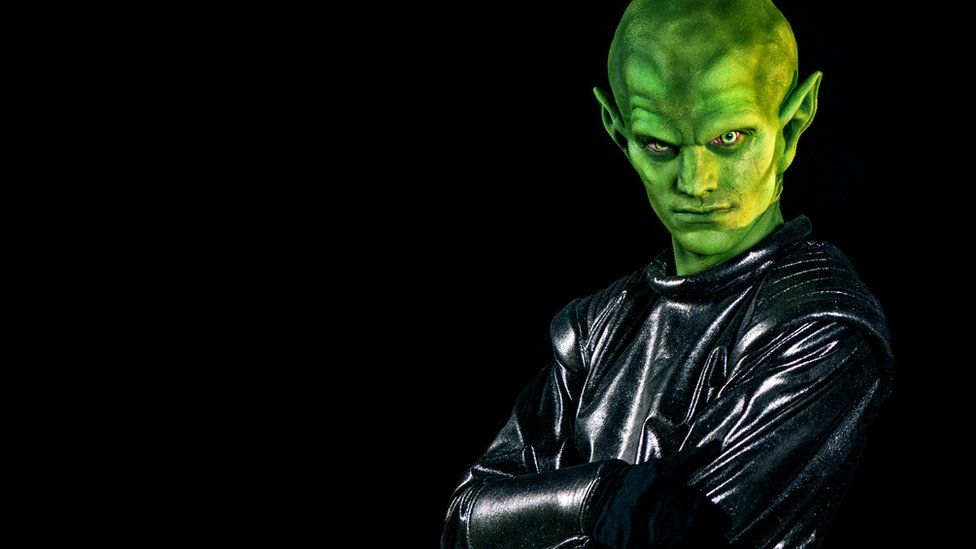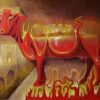What qualities do you think people who believe in conspiracy theories possess? According to a study published in the Journal of Individual Differences , people with certain personality traits and cognitive skills tend to believe in conspiracy theories.
Recall that conspiracy theories have existed throughout the history of mankind, but in recent times they have become increasingly visible. Researchers suggest that partly the reason for this was social networks. But what exactly attracts people to conspiracy theories and most importantly, who are these people?

“I don’t know if you noticed, but among us is a reptilian”
Who believes in conspiracy theories and why?
ScienceDaily quoted authors of the study that people who believe in conspiracy theories tend to be more suspicious, distrustful, eccentric, they need to feel special. They also tend to view the world as a dangerous place. Researchers believe that such people are more likely to find meaningful patterns where they may not exist. But opponents of conspiracy theories and people who are not inclined to believe in them, as a rule, have opposite qualities.
During the study, scientists interviewed more than 1,200 adult Americans. The subjects were asked a series of questions regarding their personal qualities, preferences, and the history of their family. Scientists were also interested in whether the subjects agreed with general statements , such as: “the power that the heads of state possess is inferior to the power of small unknown groups that really control world politics”, and “scientists manipulate public opinion or hide evidence of important research to deceive public”.
Some conspiracy theorists believe that everything on the planet is ruled by a secret world government or that scientists are constantly deceiving everyone around. This indicates that personality traits or other individual differences may matter.

By the way, some supporters of conspiracy theories believe that aliens have enslaved our civilization a long time ago.
Researchers wanted to test how each of several previously identified personality traits could explain belief in conspiracy theory. By studying several attributes at the same time, researchers could determine which qualities were most important. The results showed that the strongest predictor of faith in a conspiracy is the totality of personality characteristics that is called schizotypy.
Schizotypy is not a clinical diagnosis and can manifest as strange or eccentric behavior, a tendency to social isolation, coldness or inadequacy of emotional reactions, etc. The study also showed that supporters of conspiracy theories often evaluated meaningless statements as deep.
But what does all this mean?
According to the authors of the study, the worldview of the “conspirators” as a whole is rather bleak. At first glance, this may seem a little strange, but if you are the type of people who look at the world and see a chaotic, vicious landscape full of senseless injustice and suffering, then perhaps you can find at least some comfort in one of conspiracy theories.
In the end, in many of them, a small group of people is responsible for everything that happens in the world. The authors hope that the results will help to understand why some people are more attracted to conspiracy theories than others.
‘The only thing I know is that I know nothing, and i am not quite sure that i know that.’ Socrates
You can never be sure of anything and must constantly doubt everything.







